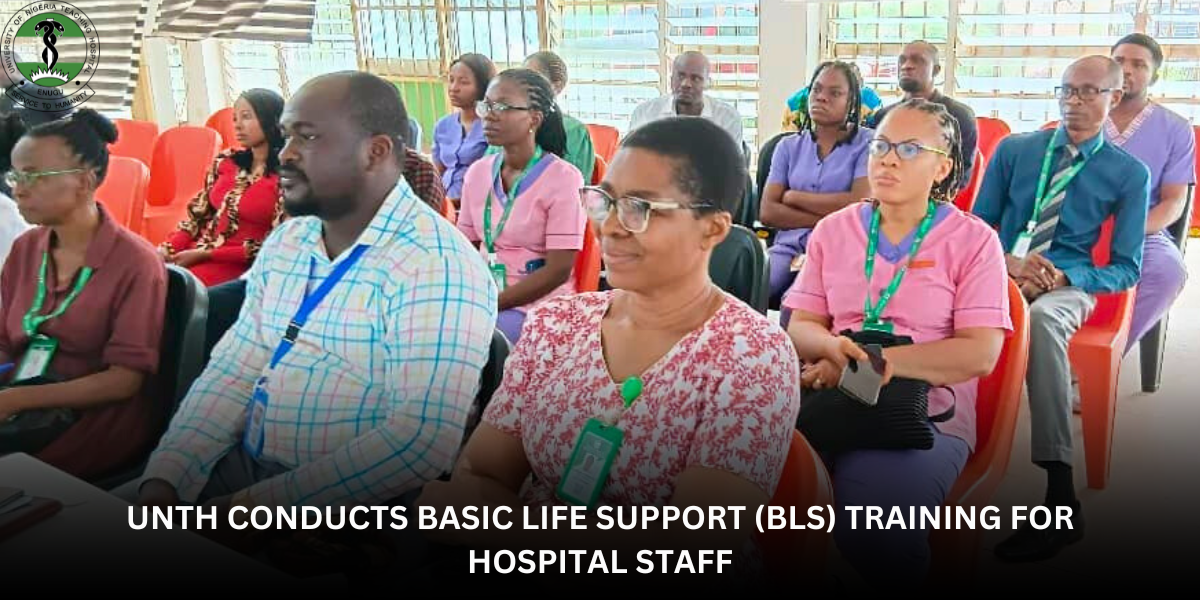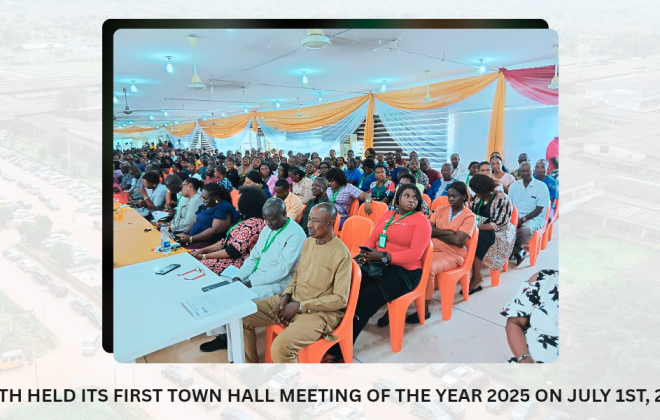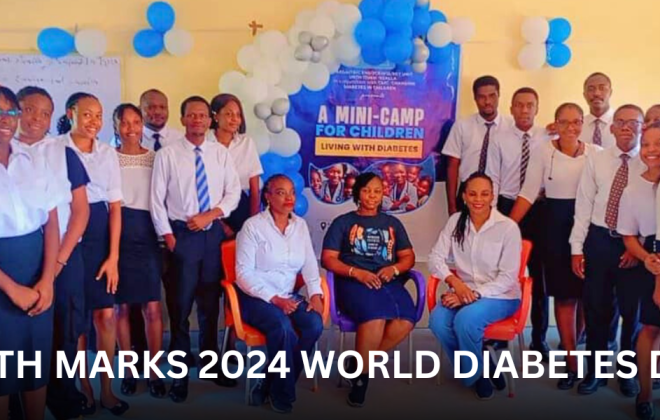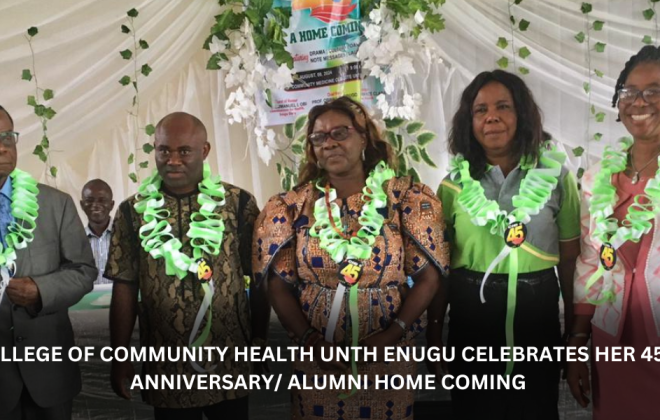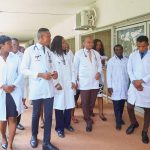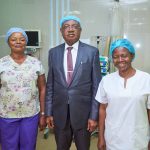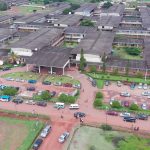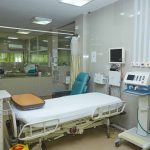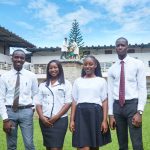UNTH CONDUCTS BASIC LIFE SUPPORT (BLS) TRAINING FOR HOSPITAL STAFF
By: Enem Remigus, Egbungwu Emma, Nwanneka Osum & Egbunine Chika
UNTHNEWS ONLINE
A two-day Basic Life Support (BLS) training program for select staff of the University of Nigeria Teaching Hospital Ituku/Ozalla, was conducted by Management of the Institution. The training, which is a quarterly event, took place on the 25th and 26th March, 2025, at the Senior Staff Cafeteria of the hospital.
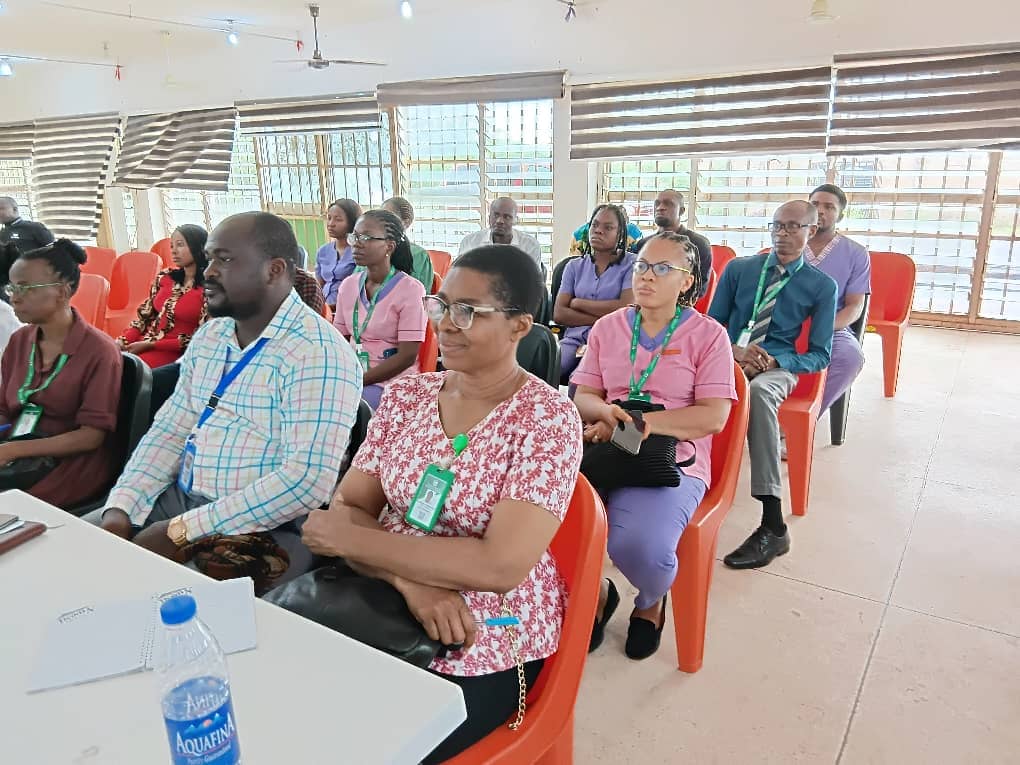
The training aims to equip members of Staff with basic skills, tailored towards resuscitating an individual who had suffered cardiac arrest, (which manifests as sudden cessation of heart function and lack of blood flow to the brain and other vital organs) culminating in sudden collapse, loss of consciousness, stoppage of breathing and death. This usually occurs as a result of cardiovascular or respiratory dysfunction.
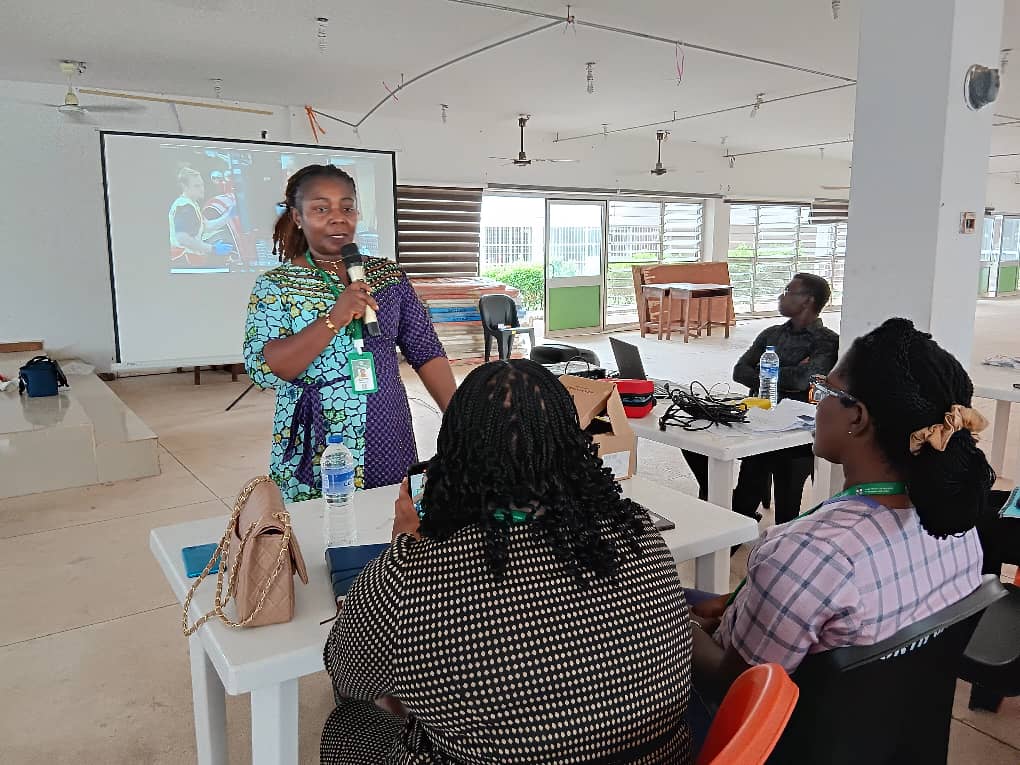
Throwing more light on the importance of the training in an interview with UNTHNEWSONLINE Correspondence, the Chairman Medical Advisory Committee(CMAC), UNTH, Prof. Joy Eze, who spoke on behalf of the Chief Medical Director Prof. Obinna Onodugo, said that the training is important because majority of people are completely ignorant of what to do should such situation occur around them.
In her words “we realized that a lot of people do not know the steps to take when somebody suddenly slumps beside them or when someone has a cardiac arrest. So, the essence is that when someone suddenly slumps anywhere outside the clinical area or outside the hospital environment, where there are no doctors and nurses, initial resuscitative measures can be commenced by any trained individual before the arrival of a healthcare professional.
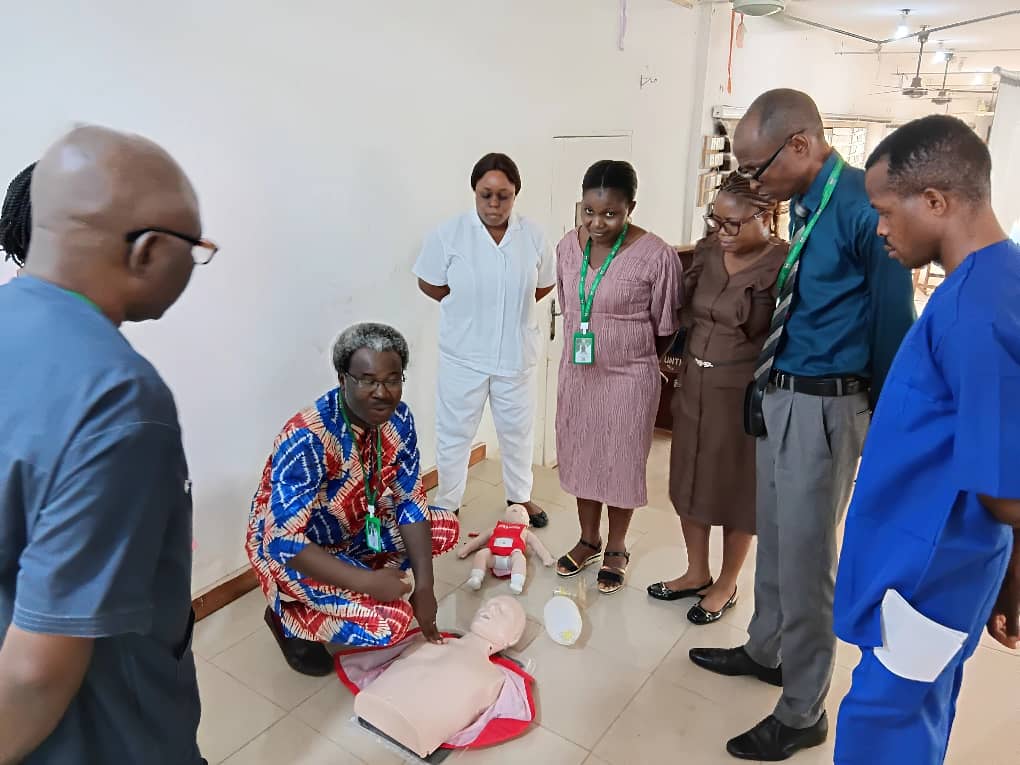
Speaking further, the CMAC, who doubles as the Director of Clinical Services and Trainings in the hospital, expressed the desire of Management to train as many staff as possible on BLS. She, however, made it clear that BLS trainings involved hands-on practical experience, hence the limited number of participants that can be trained at a time.
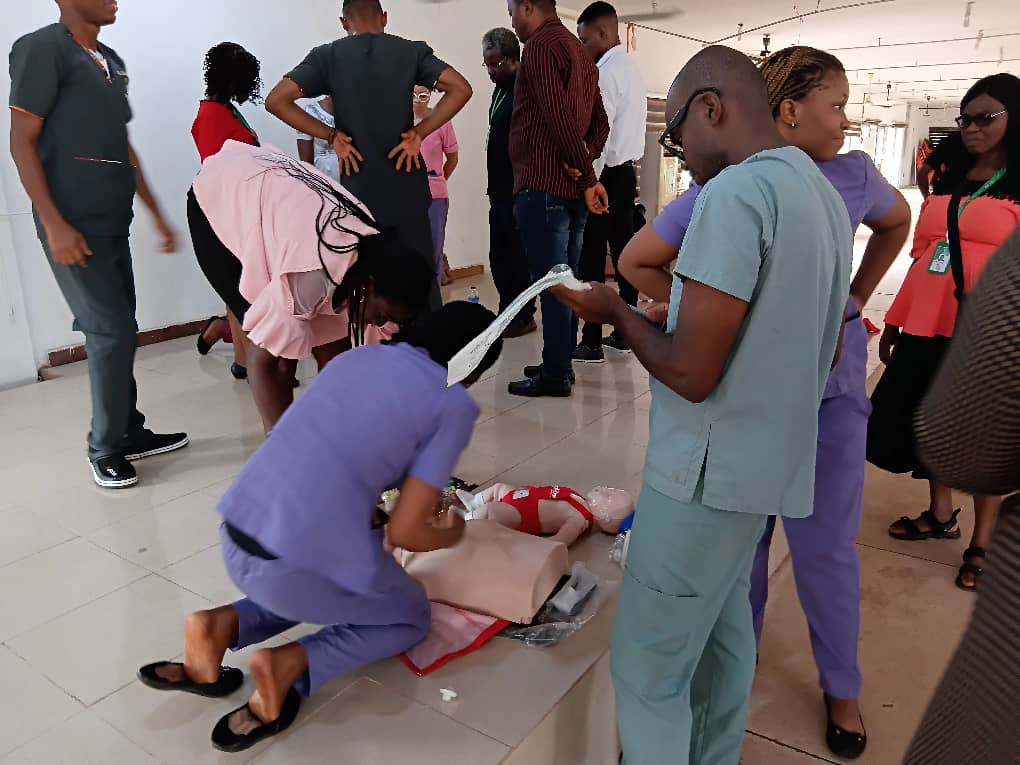
The training, which had 62 trainees (31 on each of the two days) was facilitated by Dr. Friday Okunna, a Consultant Anaesthetist and Head, Intensive Care Unit, UNTH and Dr. Paul Augustine, a Consultant Pulmonologist and Emergency Medicine Physician, UNTH.
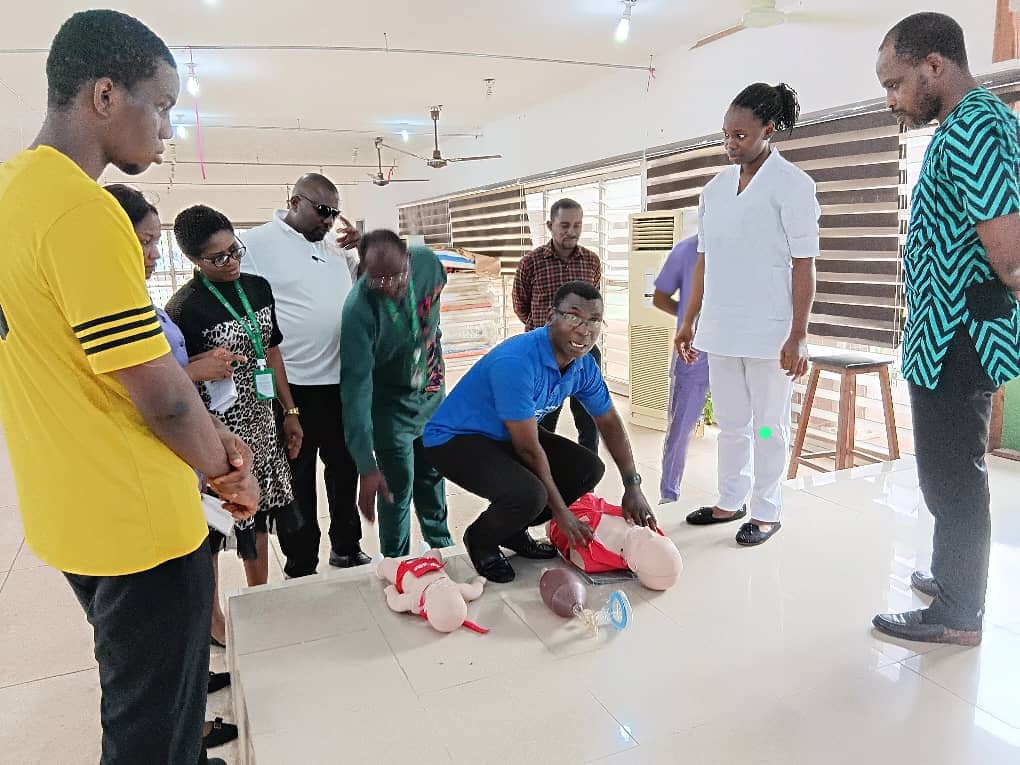
Tags In
Related Posts
Leave a Reply Cancel reply
Our Lastest Posts
- CMD UNTH COMMISSIONS A NURSING LAB IN THE COLLEGE
- LATE DR EGBUE HONOURED WITH A FLAG-STOP IN UNTH
- Management of Snake Bite At Home
- THE COMMONWEALTH PARTNERSHIP FOR ANTIMICROBIAL STEWARDSHIP PROJECTS IN UNTH PRESENT REPORT TO MANAGEMENT.
- QUANTUS MEDICAL FOUNDATION CONDUCTS A “CHANGE THE MANAGEMENT TRAINING” IN UNTH

